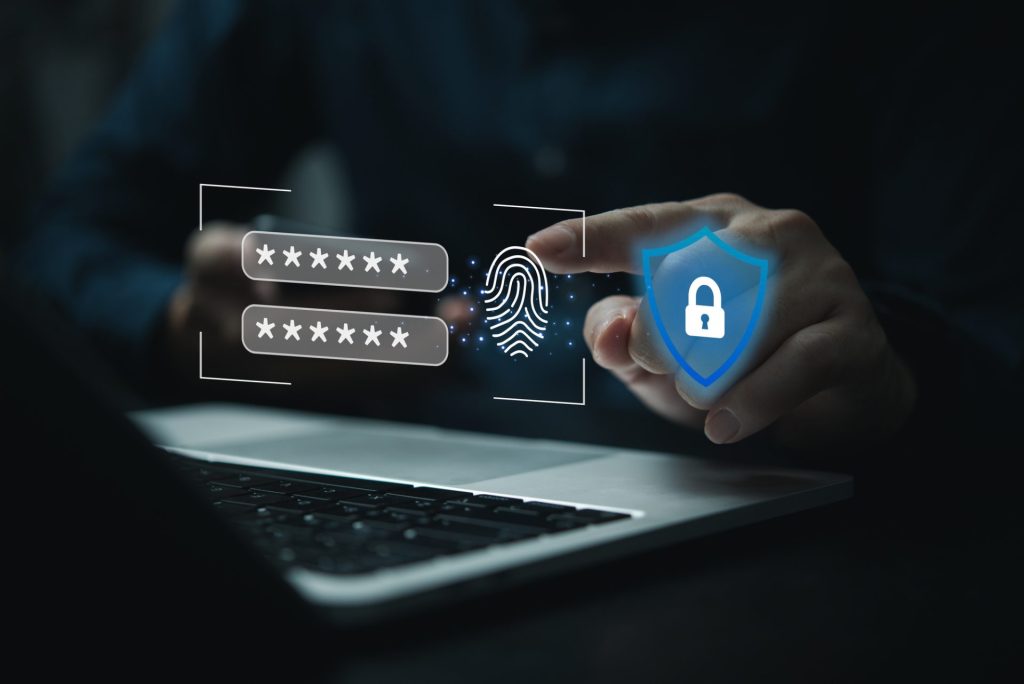In today’s digital age, ensuring the security of online financial data has become paramount. As businesses increasingly turn to online accounting systems to manage their finances, the need for robust data protection grows.
So, here are some tried-and-true strategies you can employ to keep your financial information safe and sound:
Choose Reliable Accounting Software
When diving into online accounting, your software choice is pivotal. For instance, an experienced online accountant uses a dependable software platform that offers ease of use and versatile features and prioritizes the safety of financial data.
Here’s a quick guide to assist you in choosing the ideal accounting software:
- Research Vendor Reputation: Look for software providers known for their security protocols. A quick online review or testimonial search can give insights into other users’ experiences.
- Check for Regular Security Updates: Ensure the software provider releases frequent security updates. This shows their commitment to safeguarding user data.
- Prioritize Encryption: Opt for platforms that offer end-to-end encryption, ensuring your data is coded and protected from potential breaches.
So, by carefully selecting your accounting software, you’re setting a solid foundation for the security of your financial information.
Regularly Update Passwords
Passwords are the primary barrier to protecting your financial data from potential threats. Regularly refreshing these protective codes doesn’t just help thwart cybercriminals; it fortifies your entire security structure.
Here’s how you can strengthen your password game:
- Embrace Complexity: Combine upper- and lower-case letters, numbers, and symbols. The more intricate it is, the tougher it is to crack.
- Avoid Common Words: Steer clear of using generic terms or easily guessed details, like birthdays or names.
- Use Password Managers: These tools generate and store complex passwords for you, reducing the risk of using weaker, memorable ones.
Keeping your passwords updated and robust ensures a solid first line of defense for your valuable financial information.
Implement Multi-Factor Authentication (MFA)
Stepping up your online accounting security means going beyond the standard username-password combination. MFA, by requiring multiple forms of verification, provides an enhanced security layer. It ensures that even if one credential is compromised, unauthorized access remains challenging.
To seamlessly incorporate MFA, consider the following tips:
- Choose Various Authentication Methods: Combine something you know (password), something you have (a phone or hardware token), and something you are (biometrics).
- Stay Updated: Ensure that your authentication app or service is regularly updated to fend off emerging threats.
- Educate And Train: Ensure everyone using the accounting software understands MFA’s importance and knows how to utilize it effectively.
Implementing MFA adds depth to your defenses, making it significantly harder for cyber threats to breach your financial data fortress.

Opt For Encrypted Cloud Storage
The digital realm of cloud storage offers vast and flexible spaces for data, but it isn’t without its vulnerabilities. Encryption transforms your data into a complex code, guarding against unauthorized access. By embracing encrypted cloud storage, you elevate the sanctuary of your financial information.
Here are some tips to maximize this protection:
- Select Reputable Providers: Opt for cloud service providers known for their stringent security measures and encryption standards.
- Understand Encryption Levels: Ensure the provider uses end-to-end encryption, safeguarding data both when it’s in transit and at rest.
- Regularly Backup Data: While encryption protects against unauthorized access, regular backups shield against data loss scenarios.
By integrating encrypted cloud storage into your data protection strategy, you’re ensuring that your financial details remain accessible to you and shielded from potential threats.
Conduct Regular Security Audits
Proactive measures in the form of security audits can be game-changers for your financial data’s safety. By systematically examining your online accounting systems, you can spot vulnerabilities before they’re exploited. Additionally, making audits a routine ensures that your defenses evolve with the dynamic digital landscape.
Here are some tips to ace these checks:
- Set A Schedule: Don’t wait for an incident. Periodically review your security measures, be it monthly, quarterly, or annually.
- Engage External Experts: While in-house checks are valuable, third-party professionals can offer fresh, unbiased insights into potential vulnerabilities.
- Act On Findings: An audit without action is pointless. Ensure you promptly address identified weak points to fortify your defenses.
Moreover, by prioritizing regular security audits, you’re taking a proactive stance, ensuring your financial data remains uncompromised, and aligning your systems with the best security practices.
Stay Updated On Cybersecurity Threats
The world of cyber threats is ever-evolving, and falling behind could leave your financial data exposed. Maintaining an up-to-date understanding of these threats isn’t just recommended; it’s imperative.
That said, here are some ways to proactively align with the latest updates in cybersecurity:
- Subscribe To Cybersecurity Newsletters: These often provide timely insights into emerging threats and vulnerabilities.
- Join Professional Associations: Groups like the Information Systems Audit and Control Association frequently provide resources, webinars, and training on the latest cybersecurity trends.
- Participate In Workshops And Seminars: Regularly attending these events can give firsthand experience and insights from experts in the field.
By dedicating resources and time to stay abreast of the latest cybersecurity threats, you bolster the defenses of your financial information, ensuring its protection against an ever-changing array of risks.

Backup Data Regularly
Regular backups provide a cushion against unforeseen data losses or breaches. This ensures the safety of your financial information. Also, a commitment to regular data backups can make all the difference – here’s how to ensure its effectiveness:
- Automate The Process: Use software that automatically backs up data at set intervals, reducing the room for human error.
- Use Multiple Storage Options: Diversify by saving backups both on external drives and encrypted cloud storage platforms.
- Verify Your Backups: Regularly test to ensure data can be restored seamlessly from your backup sources.
By incorporating these practices into your backup strategy, you guarantee that your financial data remains intact and retrievable, even in the face of unexpected challenges.
Conclusion
Safeguarding financial information in online accounting isn’t just a business obligation. It’s a necessity. So, by incorporating these strategies, you’ll take proactive steps to ensure your financial data remains protected and secure. Moreover, being proactive and continuously refining defenses is paramount for peace of mind.










